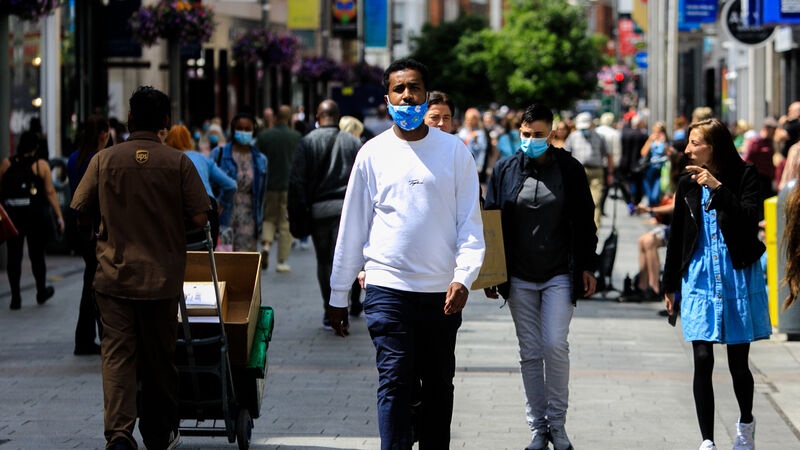Reasons for 'hope and optimism' as 313 new Covid cases confirmed

HSE chief Paul Reid says that vaccine renewals may be needed to combat future outbreaks as well as new variants of the disease.
A number of key indicators are falling as the Covid-19 vaccination programme continues be rolled out across the country.
There have been 313 further Covid-19 cases confirmed in Ireland, the National Public Health Emergency Team (Nphet) has said.










